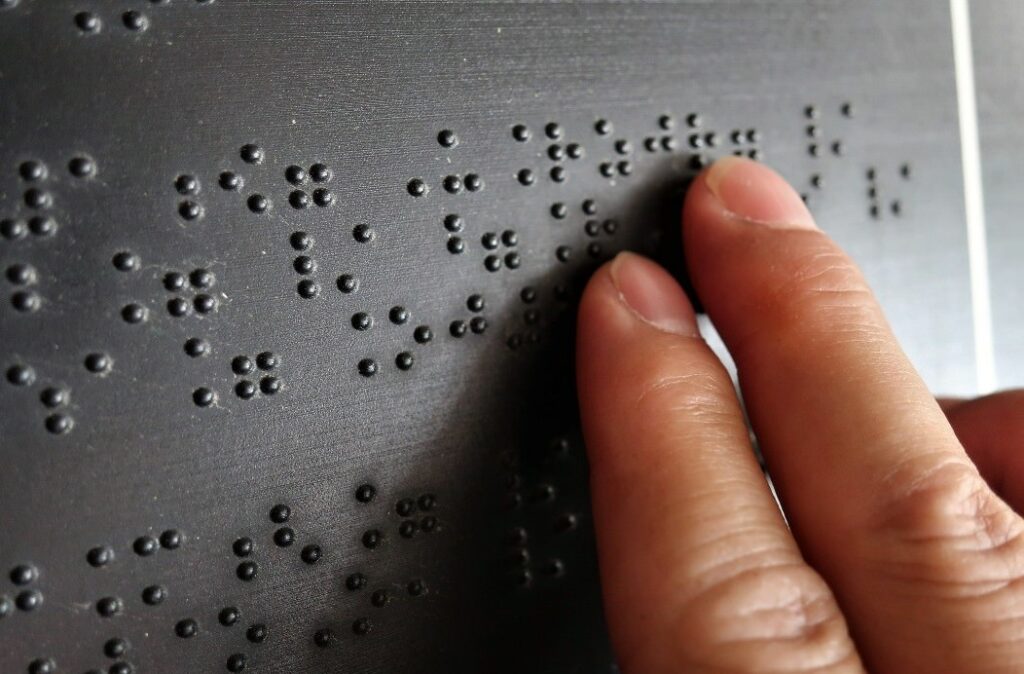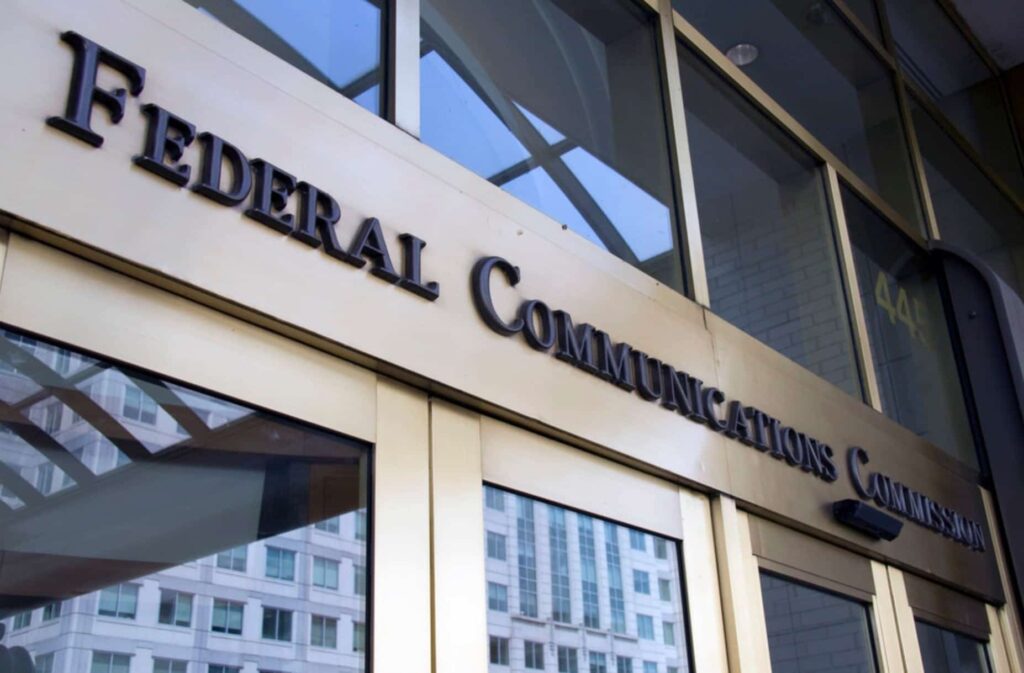Welcome to the latest edition of “ADA in the News,” featuring recent news, updates, events, and rulings regarding the Americans with Disabilities Act.
FedEx Ground to Pay $3.3 Million to Settle Disability Discrimination Suit
FedEx Ground Package System, Inc. has agreed to pay $3.3 million to resolve a disability discrimination lawsuit that claimed the company denied deaf and hard-of-hearing (DHOH) package handlers reasonable accommodations and discriminated against DHOH package-handling applicants.
The suit was filed by the U.S. Equal Employment Opportunity Commission (EEOC) after numerous DHOH package handlers filed ADA discrimination charges with EEOC offices throughout the country.
FedEx Ground Package handlers are responsible for loading, unloading, scanning and routing packages at the company’s distribution facilities.
The settlement requires FedEx Ground to provide DHOH package handlers with access to live and video remote American Sign Language interpreting, captioned videos, and scanning equipment with non-audible cues, such as vibration.
It also requires FedEx Ground to ensure that all tuggers, forklifts, and motorized equipment have visual warning lights. The company also must provide personal notification devices to alert deaf package handlers of an emergency.
More than 220 individuals were identified in the suit and may receive payment as part of the settlement.
FedEx Ground will train managers and human resources personnel on ADA compliance and develop resources to assist in identifying and providing accommodations for DHOH employees.
The Americans with Disabilities Act requires employers provide reasonable accommodations in response to requests in order to ensure equal opportunity in the application process, enable an employee to perform essentials function of the job, and allow an employee to enjoy equal benefits and privileges of employment.
Update: Braille Gift Cards

Late last month, New York Judge Gregory Woods issued the first rulings on five motions to dismiss in cases filed against Banana Republic, Kohl’s Department Stores, Ann Taylor, Swarovski North America, and CKE Restaurants Holdings, Inc.
The cases were dismissed based on the plaintiffs’ lack of standing, with the judge ruling that although the ADA prohibits discrimination by any place of public accommodation, gift cards don’t fall into the category of “places.”
The decision was the first in more than 200 nearly identical cases filed in New York since the end of 2019, and legal experts say that the ruling may influence other judges faced with similar claims.
FCC Seeks Comment on Expanded Audio Description
The Federal Communications Commission (FCC) is accepting comments on its proposal to expand audio description regulations.
The proposal would expand audio description regulations in up to 10 additional designated market areas (DMAs) each year for a period of four years, beginning on January 1, 2021. Current FCC regulations require certain broadcast stations in the top 60 DMAs to provide access to audio described programming.
The commission also will consider after 2023 whether to further expand audio description requirements to additional markets beyond the top 100 DMAs.
Many TV viewers who are blind or have low vision rely on audio description to experience television programming. In the same way captions provide a visual way to experience sound, audio description provides an audio means to experience video.
The service inserts audio-narrated descriptions of a program’s key visual elements, such as onscreen actions, characters, costumes, and text appearing in graphics in the video, into natural pauses between the program’s dialogue. The audio description track typically can be found on a secondary audio channel available on most television sets, and is accessible through the television’s menu.
Also as part of its proposal, the FCC is looking to modernize its terminology and use the term “audio description” rather than “video description” in accordance with a recent recommendation from its Disability Advisory Committee.
Comments on the proposal must be submitted no later than June 22. Replies to comments must be submitted no later than July 6.




